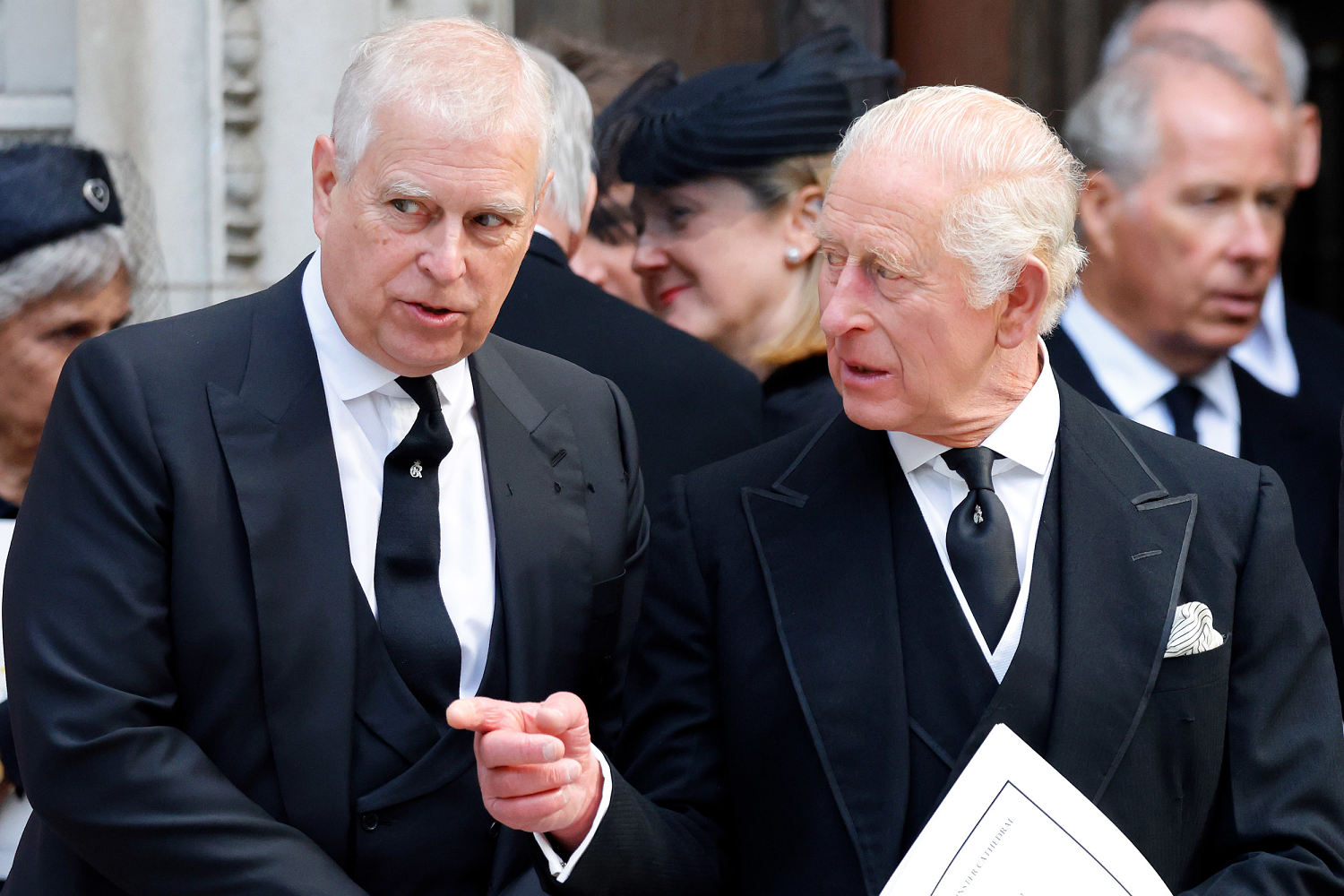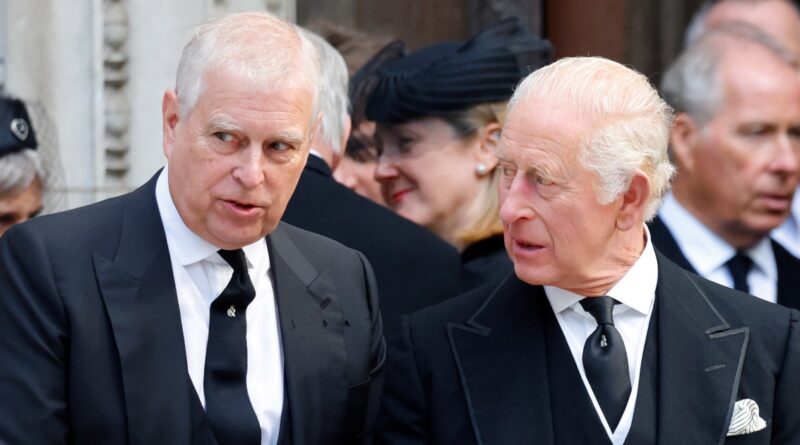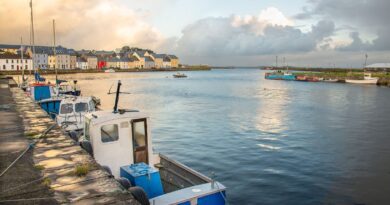King Charles banishes his brother Andrew to protect the royals

Andrew Mountbatten Windsor: No longer a prince, but is he no longer a threat to the British monarchy?
King Charles III’s move to banish his brother was largely welcomed Friday by the British media, politicians and royal observers as a necessary, if overdue, intervention.
It’s the fourth attempt by Buckingham Palace to shield itself from the scandal over Andrew’s ties to the sex offender Jeffrey Epstein, and the king will be hoping it is the last.
Andrew, who just two weeks ago announced he would relinquish the use of his Duke of York title, has now been formally stripped of it and all his other royal titles, and effectively evicted from the 30-room mansion where he has lived for more than 20 years. It marks a dramatic culmination of a saga that has proved so damaging for the institution as it navigates waning popularity, family feuds and health crises.
“The king realized that it wasn’t enough for him to just say that he would no longer use his title Duke of York, but more action had to be taken,” NBC News royal contributor Emily Nash said. “He understood that this was really getting to a point where it was doing very serious damage to the royal family.”
Nash pointed to just how rare a step Charles has taken — the last prince to be stripped of his title was punished for fighting for Germany in World War 1.
Andrew first stepped back from royal duties in 2019 after his disastrous BBC interview in which he cited an inability to sweat that he said contradicted allegations against him, and in 2022, Queen Elizabeth II stripped him of his royal and military patronages.
The move two weeks ago appeared designed to head off fallout from a renewed wave of revelations. But instead they appeared to open the floodgates.
The token rent of “one peppercorn” that Andrew has reportedly paid on his sprawling Royal Lodge home since funding its renovation two decades ago drew outrage not just from the press, but also in Parliament, as the scandal threatened to break long-standing norms that helped shield the monarchy from public scrutiny.
On Monday, Charles was heckled by a protester who shouted about whether he had “asked the police to cover up” for his brother, and how long he had known about Andrew and Epstein.
Then came the statement from Buckingham Palace. “These censures are deemed necessary, notwithstanding the fact that he continues to deny the allegations against him,” it read.
The measures taken by the king received approving coverage Friday in much of the tabloid media, and were welcomed “warmly” by a government minister, as well as the leaders of the opposition Conservative and Liberal Democrat parties.
“The monarchy can see that the PR war has been lost until now, and to win it, they need to show distaste for what Andrew has done and show solidarity with the victims,” said royal historian Andrew Lownie, author of a recent biography of Andrew and his ex-wife, Sarah Ferguson.
Lownie said he believed there may even be grounds for a criminal investigation.
The publication of late Epstein survivor Virginia Roberts Giuffre’s posthumous memoir, which added new detail to her allegations that Andrew had sex with her on at least three occasions, had intensified the pressure on the royals.
Giuffre, with whom Andrew settled a suit in 2022 for an undisclosed amount after she accused him of sexually assaulting her when she was 17 years old, committed suicide in April. Andrew has repeatedly denied having met her and previously denied that a photograph of the two of them is real.
In his statement two weeks ago, Andrew cited “the continued accusations about me” as a distraction. “As I have said previously, I vigorously deny the accusations against me,” he said.
Charles’ expression of solidarity with Epstein’s victims, “stood in total contrast,” to this, said Craig Prescott, who teaches law at Royal Holloway, University of London, and specializes in the constitutional and political role of the monarchy.
“That difference speaks volumes,” he said. “This is the most drastic move the king could have made.”
Charles’ order comes with immediate effect and Andrew will be forced to leave Royal Lodge as soon as is practicable. He will move to a property on the royal family’s private estate 140 miles away in Sandringham, though it is understood that Ferguson will not be joining him.
Buckingham Palace said the king’s decision was made with the support of the wider family, including his son and heir, Prince William — who is widely viewed as supporting a firmer stance on Andrew as he looks ahead to his own reign.
But not everyone is satisfied by Andrew being cast out from the royal family.
“Being told that you have to live in your own house and being called by your name is not a punishment,” said Graham Smith, the chief executive of the anti-monarchy campaign group, Republic.
Smith called for a proper investigation into Andrew’s ties with Epstein and the role the rest of the family may have played in the scandal.
He added that Republic was pursuing a private prosecution, which could culminate in the public prosecutor taking over the case if there’s deemed to be enough merit.
Lownie said Charles may have decided to kick Andrew out now because, “they’re worried new revelations might come out about his relationship with Epstein.”
But, he added, “The king has done what he can.”





